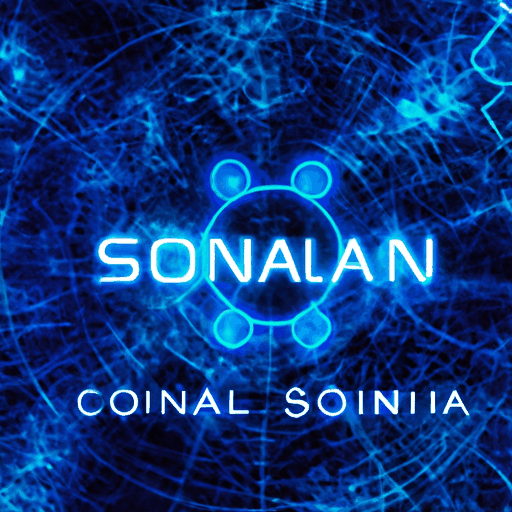
PayPal Expands Cryptocurrency Offerings With Solana And Chainlink
By: Isha Das
In a significant move to broaden its cryptocurrency services, global payments giant PayPal has announced the integration of two notable blockchain tokens, Solana (SOL) and Chainlink (LINK), into its platform. As part of this expansion, US-based users will soon be able to buy, sell, and transfer these popular cryptocurrencies, further increasing PayPal's crypto offerings. Venmo, a mobile payment platform owned by PayPal, will also extend support for SOL and LINK, enhancing accessibility for a broader range of users.
This rollout represents the latest step in PayPal's strategy to integrate blockchain-based assets into consumer financial tools. The company initially made waves in October 2020 when it allowed US customers to buy and hold mainstream digital currencies like Bitcoin, Ethereum, Litecoin, and Bitcoin Cash within its app. Over the years, PayPal has gradually expanded these functionalities, including the crypto checkout feature that enables users to convert digital assets into fiat currency at point of sale transactions.
By adding Solana and Chainlink, PayPal aims to cater to both crypto enthusiasts and developers. Solana is renowned for its high-speed and low-cost transactions, while Chainlink is valued for its decentralized oracles which provide enterprise-grade services. These additions mark PayPal's continued commitment to bridging the gap between traditional finance and blockchain-driven innovation, amidst the ever-volatile crypto market.
The move also comes on the heels of PayPal launching its own US dollar-backed stablecoin, PayPal USD (PYUSD), in collaboration with a regulated issuer. This was an instrumental step reflecting the company's conviction that digital assets will be a fundamental aspect of digital commerce. While its stablecoin has yet to achieve market parity with giants like Tether and USD Coin, its issuance has signaled PayPal's belief in the growing institutional trust in the cryptocurrency landscape.
Beyond just retail users, PayPal has also ventured into business-to-business applications with cryptocurrencies, completing a transaction in PYUSD to settle an invoice with Ernst & Young. Such initiatives underscore the potential for stablecoins and blockchain technology to revolutionize corporate financial transactions.



